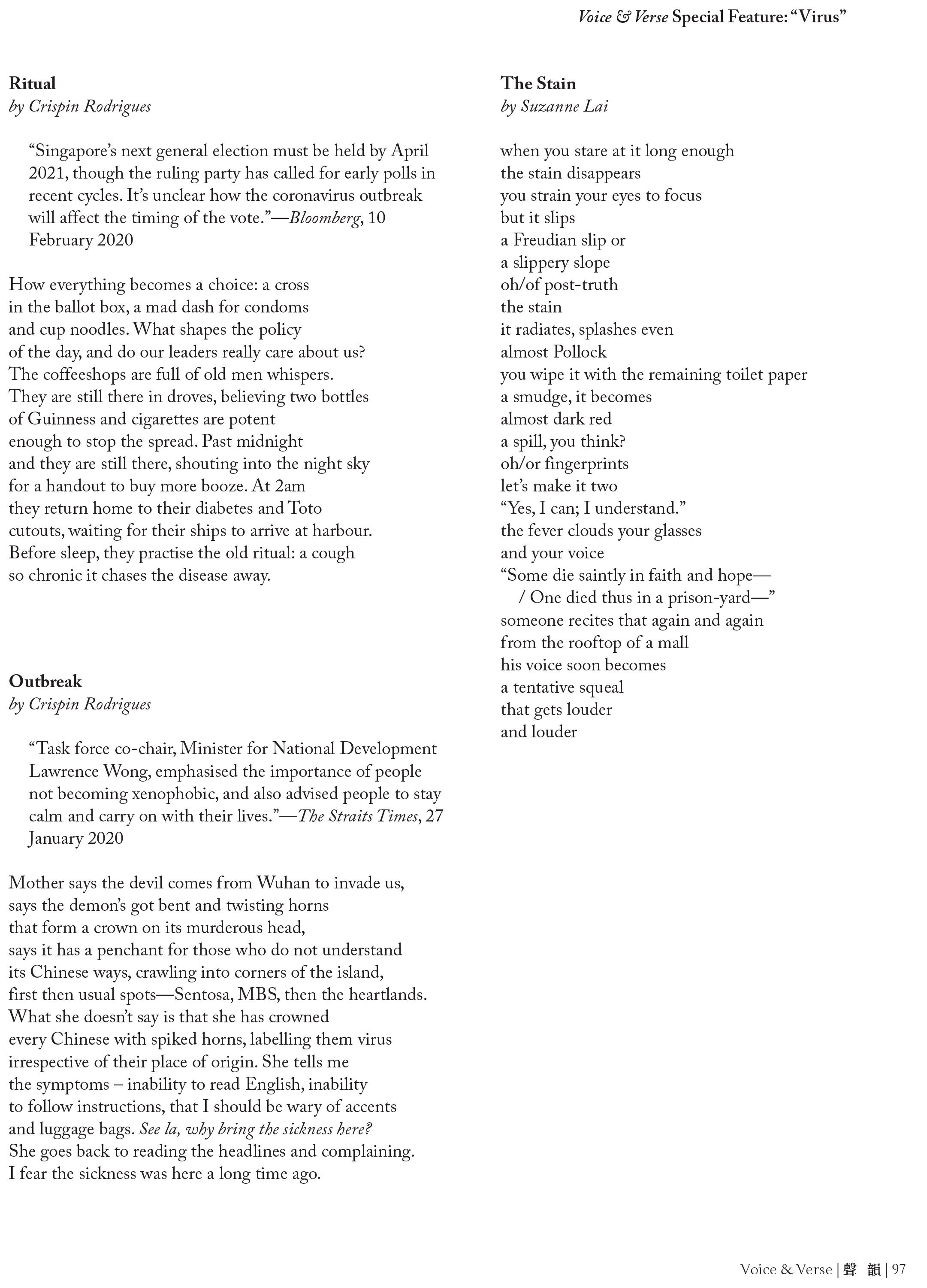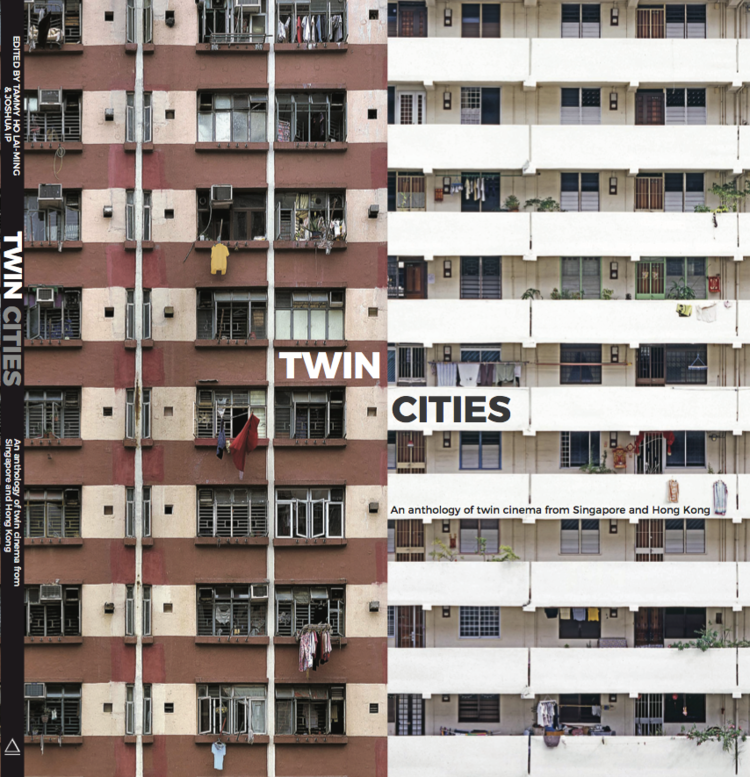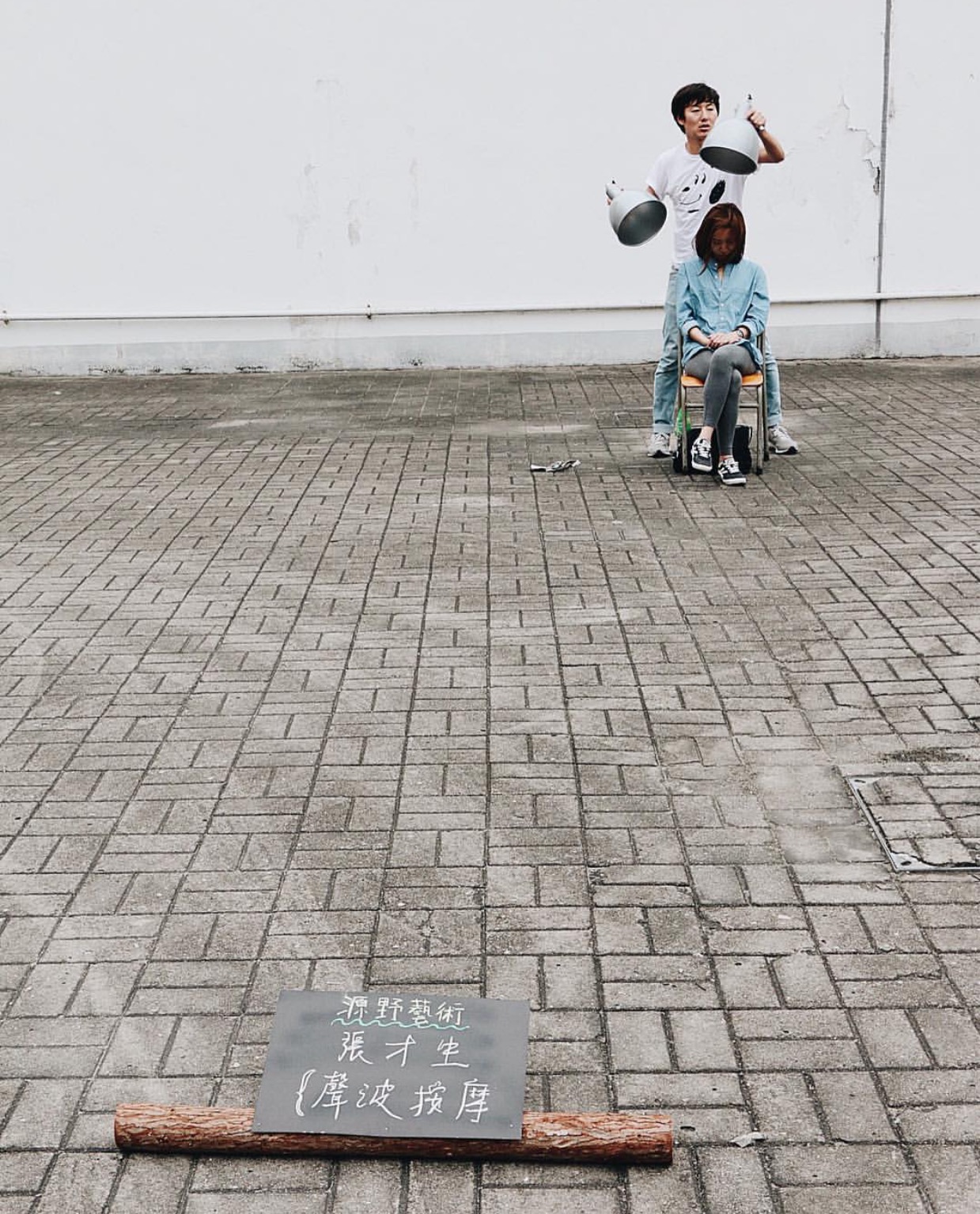Translation (HK Poet Tammy HO Lai Ming's Nomination Statement for Xi Xi 西西
MingPao Weekly, March 2019
"The Story of Silk" Exhibition at Hong Kong Design Institute (HKDI)
Jessica Hong Kong, September 2017
Voice & Verse Poetry Magazine (Issues 45 and 46, March 2019)
Nature Poem.
Review: Nostalgia, Sexuality and Existere in Black Mirror’s San Junipero
'What is life without the mundane and trivial annoyance like a mild flu from which you can’t ever quite recover or the very fact of finding yourself awake day after day in a suspicious world? What is life if it is not little. What is life if you ever lose sight of the little. What is life if I stop asking questions altogether? What is? What if? Wh—01110111 01101000 01100001 01110100 00100000 01101001 01100110'
HONG KONG 20/20: REFLECTIONS ON A BORROWED PLACE (Blacksmith Books, 2017)
One of the English to Traditional Chinese Translators for the Chinese Version of Hong Kong 20/20: Reflections On A Borrowed Place (Blacksmith Books, 2017).
#WRITERSRESIST
History is a record of transit. You have always been trying to describe the condition of being in-between. Syrian refugees battle the ocean and risk their lives to flee from their homes. They seek shelter in lands of abundance, while people sitting in their own castles of casual luxuries watch from high and above.
Writers strive and suffer in gaps. They stand in between the voices which deserve all ears and the walls bouncing off any sound. Writing forces them to be in the front row and bear witness to humanity in its crudest form.
As Junot Díaz suggests, in The Brief Wondrous Life of Oscar Wao, ‘You can never run away. Not ever. The only way out is in.’ Writers are the ones who keep punching down the walls and barge in unapologetically with their heads held high—to write is to make all the other voices heard.
To do nothing seems too much to ask from a writer. It may seem tiring to care, but it is even more tiring if you choose not to care. It is not human, not natural to be indifferent.
You write because it is only natural—especially in a time when the cheesiest dystopian fiction becomes reality. It is all the more important for us to act on our instinctive humanity; as Susan Sontag considered that the art of photography (which I would suggest could be extended to all creative art forms, such as writing, dancing, acting, singing) ‘…is to participate in another person’s mortality, vulnerability, mutability.’ Writing and making art are practices of empathy. We feel as one, act as one to resist the hatred and violence.
Writers must keep writing to inspire confidence or, at least the illusion of freedom, a healthy illusion I must insist. It is to prove to the others that individuals have the freedom to be cynical, angry and disturbed by the state of the world. And it is only practical and even ‘cool’ to care deeply, which eventually pushes you to start helping the one next to you, your friends and families, your communities, your city and the world you zealously hate and love all at once.
Keep writing—no matter how small the effort may seem. In volunteering, in poetry, in lyrics, in music, in the light and shadows of the cinema or in emancipation, you may re/discover the lost voices.
Editor’s note:
This is a short speech given
at #WRITERSRESIST on Sunday 15 January 2017.
"Interstitial" - Voice & Verse Poetry Magazine (Issue 34 - 35, February to April 2017)
One of the contributing poets on Voice & Verse Poetry Magazine (Issue 34 - 35, February to April 2017)
In the pocket of a jacket you wear on the flight to Johannesburg, you find a Trenitalia train ticket to Rome. It was a trip you made exactly seven years ago on 17 December.
You notice people breathing around you. Someone is chewing Mentos two seats away. The guy sitting two rows in front of you is opening his extra pack of not-so-lightly-salted crackers he had requested 963 miles ago.
The humming sound of a giant mechanical bird buzzes at a spot slightly to the right of your forehead. You cringe at the migraine, and remember it is long passed the time to swallow so as to make your ears pop.
The seat belt sign flashes shortly after a strong turbulence greets you. Outside the double-paned window, you see antiquity too precious to be seen. It is the strip of Mesopotamia, harboring the sky of Anu and the land of Enki.
‘Do not look outside. Do not look at the in-between,’ the pilot warns in a cracked monotonous mutter. The sea roars underneath the plane. Rolling waves are dressed up with white foam against ruthless shores.
Tiny dots scatter on the waves around some orange plastic tatters - which used to be a movable temple on the way to somewhere, anywhere else. Made of prayers and tears across generations, the temple was doomed to collapse at some point.
From the gap between the window and the back of the seat, you watch the girl sitting in front of you put her ear to the window. Your gaze is reciprocated as she turns around and looks at you. ‘I am trying to listen to their prayers,’ she explains. A teardrop trails down her face. Eventually, it reaches the bottom of the window and seeps into the cracks.
You close your eyes and then you hear them too.
Art-Inspired Menu for Duddell's Hong Kong
English to Traditional Chinese Translation of the Art-Inspired Menu at Duddell’s Hong Kong - a reinterpretation of one of Zhang Daqian’s famous pieces of calligraphy
Twin Cities: An Anthology Of Twin Cinema From Singapore And Hong Kong
Headspace
You heard the train before You saw it. “Mind the gap.” She warned You. Staring straight ahead there was no train but a chain of afterimages. “Way too close.” You thought. Space and time were distorted the instant the train swam past You. Your body anticipated and instantly recognised the commotion, tugging, summoning you to come forward.
You didn’t flinch but you knew you had always been on the train. There were moments of clarity, in which you reminisced about a past which didn’t happen, not to you. A past you learned and eventually earned. In your peripheral vision, you watched yourself multiplying. All of You(s) stood in front of the train within the yellow boxes evenly distributed in meticulously measured intervals. The moving train accelerated and dragged along your reflected images. You saw yourself wavered, reminding You of stop motions flickering on a slide projector carousel.
“You are alluding to something always in passing — too big to see really.” She said, half-heartedly. In one step, despite the lies, You crossed the line.
First published on HKBU: Agora.
on-going moments
The urgency of travel comes from the failure to stay. When activities have (slowly) become inactivities, the resistence lies in perpetual departures. You carefully craft that very constant of commotions by nurturing the readiness of leaving. “You are the absent one.” someone told you one day. Your gaze fixated on a fleeing focal point, looking (hoping) for a grounding reply. You grant yourself the silence, leaving no traces to prove that you have already left.
First published on HKBU: Agora.
Pet Sounds
The sound of you closing your door stealthily. The sound of your heels pressing on the woollen carpet. The sound of you dabbing eau de toilette on your wrists. The sound of you biting relentlessly on the eraser head. The sound of you typing your new address. The sound of you drawing a non-existent emoji on the back of a recipe, marked with a coffee stain. The sound when the arm of our turntable retracts itself automatically after finished playing the last song. The sound of epiphany as I heard the faint sound of dust falling on the ground.
As Autonous turned into a bird, you stood there and laughed. Toying on the slight difference of “Jing” in the pronunciation of “應聲” in Cantonese, you mispronounced “Jing1” instead of “Jing3” as expected. It somehow becomes a command to answer the sounds. Enchanted, I know I need to make a sound now. With a split second of wavering belief, the sound we uttered turned into a question. Should we answer the sound? Chuckles and ec—ec—ec—cho—oo—oes.
These are the sounds I ‘sampled’: https://goo.gl/f5mTP9
First published on HKBU: Agora
















